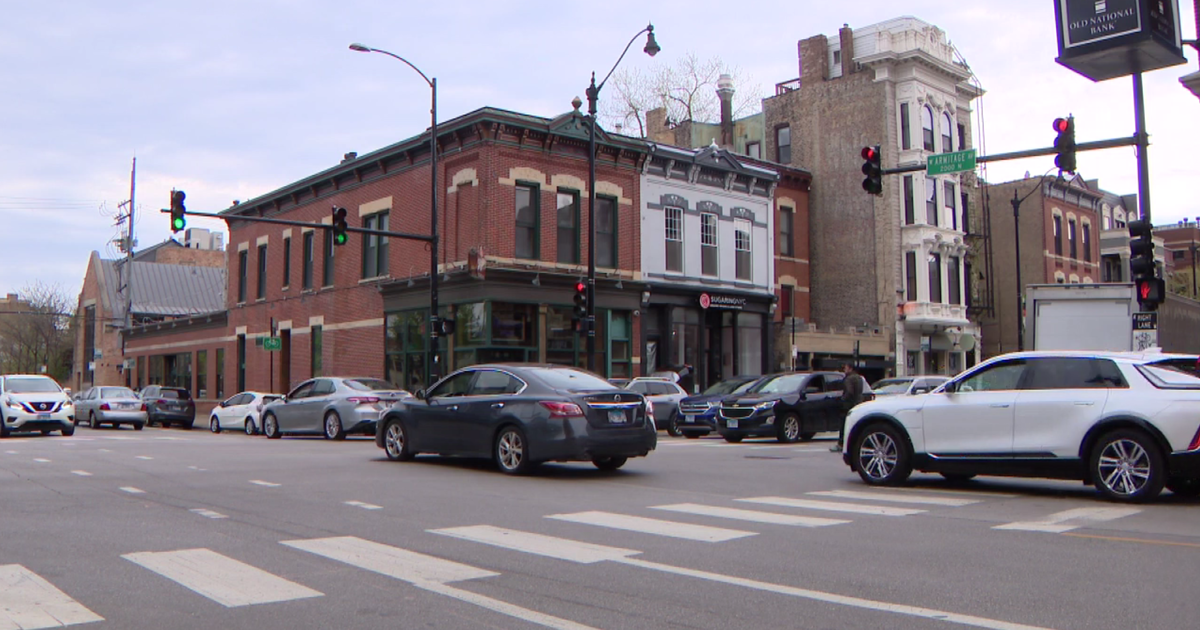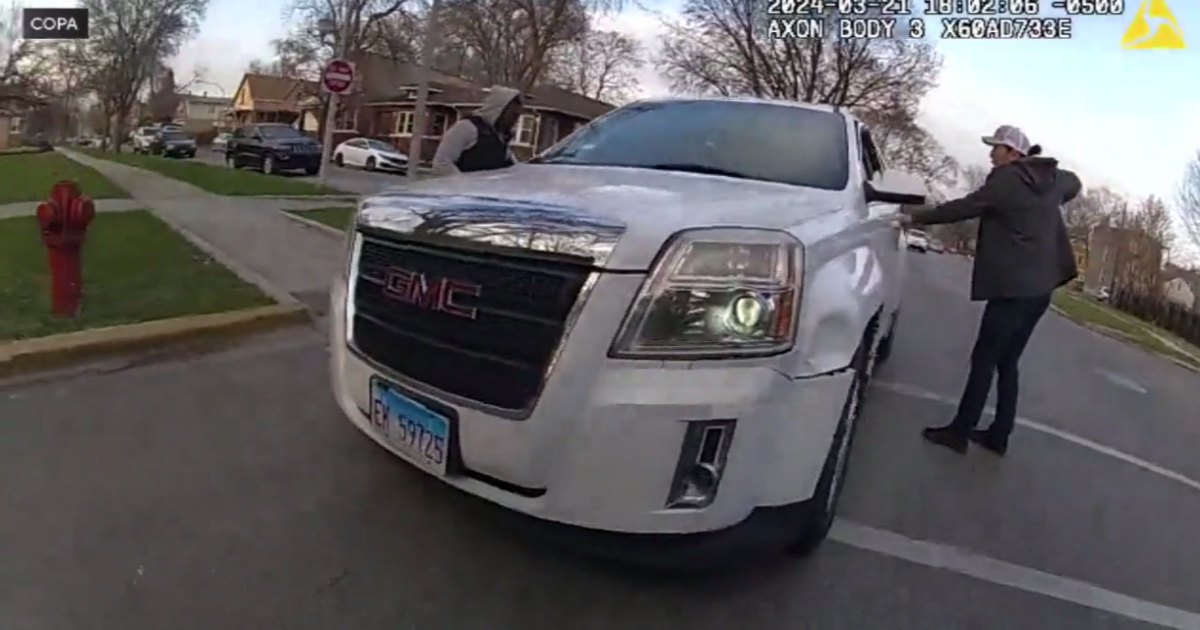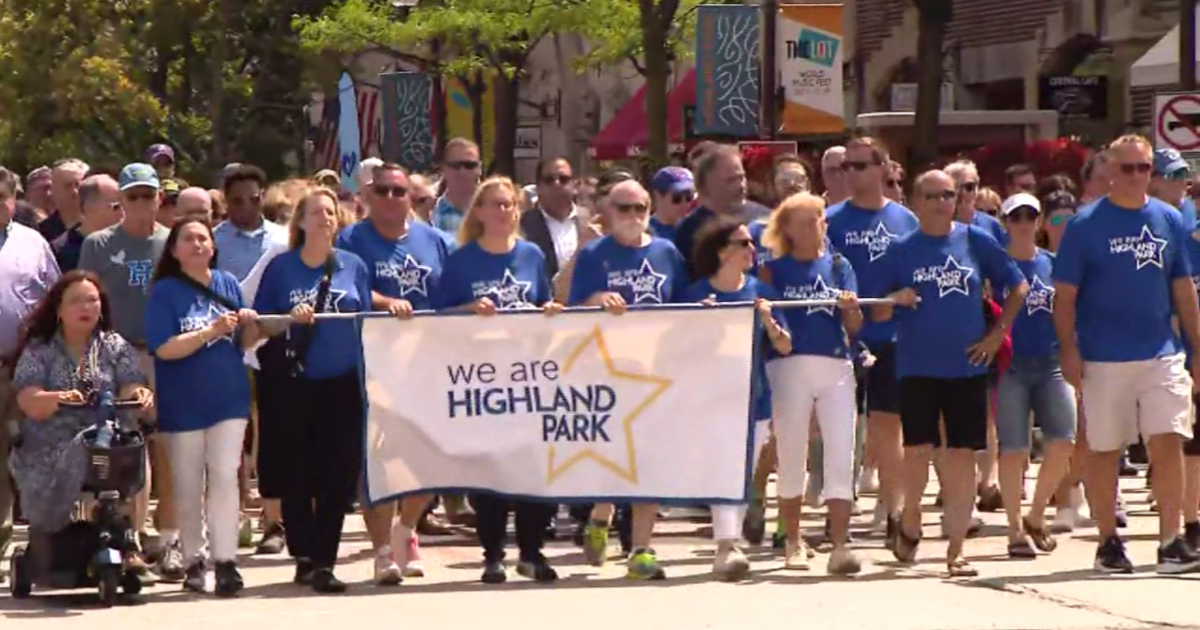Burge Gets 4 1/2 Years In Torture Case
UPDATED 01/21/11 6:35 p.m.
CHICAGO (CBS) -- Former Chicago Police Lt. Jon Burge has been sentenced to 4 1/2 years in prison for lying about the torture of criminal suspects.
U.S. District Judge Joan Lefkow handed the sentence down Friday afternoon, following two days of testimony at his sentencing hearing.
Burge, 63, was convicted of perjury and obstruction of justice on June 28, 2010, for lying in a civil suit when he denied committing or witnessing torture. Since he was fired from the Police Department in 1993, Burge's name has become synonymous with police brutality in Chicago.
Dozens of suspects who have accused Burge and the detectives under their command of shocking them with a homemade electrical device, suffocating them with typewriter bags, putting guns to their head and playing Russian roulette -- all to force them to confess to murders they didn't commit.
In handing down the 4 1/2 year sentence on Friday, Lefkow said she took into account the seriousness of the allegations against Burge. She also said she wondered why a decorated and respected officer would resort to such violence against suspects.
LISTEN: Newsradio 780's John Cody reports
Podcast
LISTEN: Newsradio 780's Bob Roberts has reaction from torture victims
Podcast
Prosecutors had been seeking more than 30 years in prison. Defense attorneys were pushing for only two years.
In his own testimony Friday afternoon, Burge said he was "deeply sorry" for the impact his case has had, but stopped short of admitting any guilt.
Burge spoke for less than five minutes at his sentencing, speaking in a low, booming but calm voice.
As CBS 2's Dorothy Tucker reports, Burge said he knows he "has brought the department into disrepute" and he said, "For that, I am deeply sorry."
But Burge did not acknowledge anyone had been tortured or that he lied about it. He also called the "allegations of racism against me deeply disturbing" and pointed out that he'd been promoted by African American bosses. Virtually all of the men who have accused him of torturing them into false confessions are African American.
In closing, Burge talked about his battle with prostate cancer and other ailments, and then there was a long pause as he said, "I'm 63 years old. I try to keep a proud face, but the reality is, I'm a broken man." At that point the former police commander appeared to cry.
U.S. Attorney Patrick Fitzgerald called the sentence an important step moving forward from the city's police torture scandal.
"Justice was delayed in this case and what happened never should have happened and justice should have come sooner. But justice delayed isn't justice completely denied," Fitzgerald said. "It's important that justice was accomplished and that the truth was established in a courtroom by the trial and conviction. And it was established that awful things happened that shouldn't have happened."
The lead prosecutor on the case, Assistant U.S. Atty. David Weisman said, "I think this case was important to the community to show that as a society we won't tolerate that conduct."
But Burge's attorney Richard Beuke said he was worried about the message that the sentence would send.
"I'm concerned that this type of a sentence, what happened today, may cause lawyers to think that it's open season on suing the police," Beuke said.
Burge's victims weren't satisfied with the verdict either, seeing it as too lenient for the man they saw as responsible for torturing scores of innocent men.
Mark Clements, who said he spent 28 years in prison for arson and murder he did not commit, called the sentence "outrageous."
Clements alleged he was 16 years old when he was tortured into confessing by officers under Burge's command. He was released from prison in August 2009.
"This is ridiculous. This is a smack in the face once again to the African American community and I do not really really know what we're going to do to rectify what occurred here, but this is a complete injustice," Clements said as tears rolled down his face. "Four and a half years, where men have spent 20 and 30 years in prison is outrageous."
Earlier Friday, the sister of a former death row inmate testified that Burge and his detectives "put us through 16 years of torment" when they tortured her brother into confessing to seven murders he did not commit.
Robin Hobley raised her voice in anger and then broke down in tears as she talked about her brother Madison Hobley, who was sentenced to death for a 1987 fire that killed seven people.
Madison Hobley was later pardoned following allegations that detectives had tortured him to get him to confess. Robin Hobley told Burge that he has no idea what he put their family through.
"You put us through 16 years of torment. … of people believing my brother was a murderer, and he wasn't," she said, her voice breaking with emotion. "You have no idea what you did to our family."
Lefkow cut her off after a few minutes and asked her to address the bench, not Burge.
Witnesses for Burge said the man they know isn't the same person described by victims and prosecutors.
Burge's older brother called him "a genuinely caring person."
"My little brother has always been my hero," Jeffery Burge said.
Burge's lawyers also argue the judge should take into account Burge's military service and decades fighting crime.
More than 30 people, many of them police officers, have sent letters to Lefkow, with one calling Burge a "policeman's policeman." Other letters speak of Burge's dedication to his job, selflessness and effectiveness as a police officer and investigator. Two jurors from Burge's five-week trial also wrote letters on his behalf, with one suggesting a prison term of three years would be appropriate.
Burge and others also pled for leniency based on his poor health. He's been diagnosed with prostate cancer, congestive heart failure, sleep apnea and has had double knee replacement.
His brother asked Lefkow to be "humane," saying, "almost any sentence will be a death sentence, and I don't want to see him die in prison."
At times near tears, Howard Saffold, the former head of the African American Patrol League and former security chief for Mayor Harold Washington, said a message must be sent that torture and evidence-planting cannot be tolerated.
Stories of abuse to obtain confessions and misconduct--including planting drugs on innocent suspects--were commonplace in African American neighborhoods and created a mistrust between police and residents.
Two men who said they were tortured by Burge and his detectives also testified.
One of Burge's torture victims, Anthony Holmes, testified that he lost contact with his family while serving a 30-year prison term for a murder he did not commit. Holmes confessed to the murder after being brutalized during interrogation.
"The man tried to kill me," Holmes said on the stand Thursday morning.
Holmes testified that when Burge was interrogating him in 1973, Burge shocked him three times with a homemade electrical device, and suffocated him with a bag.
Holmes and Melvin Jones were among the dozens of suspects who have accused Burge of shocking them with a homemade electrical device, or suffocating them with typewriter bag, forcing them to confess to murders they didn't commit and spend years in prison.
(TM and © Copyright 2010 CBS Radio Inc. and its relevant subsidiaries. CBS Radio and EYE Logo TM and Copyright 2010 CBS Broadcasting Inc. Used under license. All Rights Reserved. This material may not be published, broadcast, rewritten or redistributed. The Associated Press contributed to this report.)



